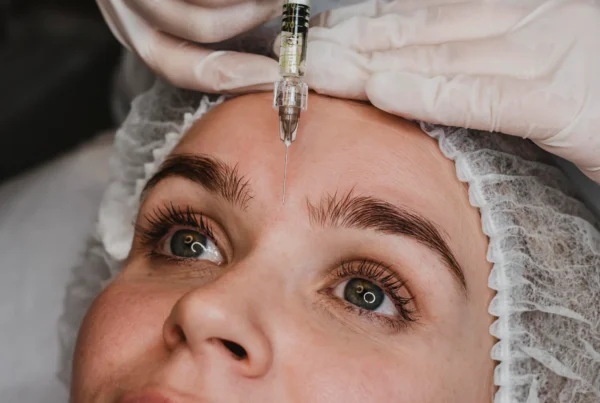Plastic surgery is often perceived as solely about physical transformation, but the reality is far more complex and holistic. The profound connection between mental and emotional well-being and the outcomes of plastic surgery plays a huge, often underestimated, role in patient satisfaction and overall success. Understanding this intricate intersection is key to ensuring a positive and fulfilling surgical experience.
Why Mental Health Matters in Plastic Surgery
The decision to undergo plastic surgery is deeply personal and can stem from various motivations, many of which are rooted in self-perception and emotional well-being.
- Improving Confidence and Self-Esteem: For many patients, addressing a physical feature that has caused long-standing insecurity can lead to a significant boost in confidence, self-esteem, and body image. When a physical change aligns with a patient’s internal sense of self, it can unlock a profound sense of empowerment.
- Addressing Body Dysmorphia and Unrealistic Expectations: Conversely, individuals with conditions like Body Dysmorphic Disorder (BDD) may perceive flaws that are minor or non-existent to others, and surgery may not resolve their underlying distress. Untreated mental health conditions or unrealistic expectations about surgery’s ability to solve life problems can lead to dissatisfaction, disappointment, and even worsened psychological states post-operatively. A responsible surgeon will recognize these red flags.
- Psychological Readiness for Surgery: Surgeons screen patients to ensure psychological readiness. This involves assessing a patient’s motivations, expectations, emotional stability, and understanding of the risks and recovery process. A patient who is emotionally prepared is more likely to cope well with the recovery period and be satisfied with realistic outcomes.
- Open Communication and Support: Open communication about goals, concerns, and any existing emotional challenges supports emotional wellbeing throughout the surgical journey. A strong patient-surgeon relationship built on trust and clear communication is vital.
The Psychological Journey of Plastic Surgery
The journey through plastic surgery often involves several emotional phases:
- Pre-Surgery Excitement & Anxiety: Patients may feel excited about the upcoming change but also anxious about the procedure, recovery, and results.
- Post-Surgery Adjustment: Immediately after surgery, there can be swelling, bruising, and discomfort, which can be emotionally challenging. Patients need to be prepared for this temporary phase and understand that immediate results are often not the final results.
- Long-Term Satisfaction: As healing progresses and the final results emerge, most patients experience a significant improvement in their self-image and quality of life. However, ongoing self-acceptance and a healthy mindset are crucial for sustained satisfaction.
Tips for a Healthy Mindset Before, During, and After Surgery:
To foster a positive mental and emotional experience with plastic surgery:
- Define Your Motivations: Clearly understand why you want the surgery. Is it for yourself, to boost your confidence, or due to external pressure? Healthy motivations lead to better outcomes.
- Set Realistic Expectations: No surgery is perfect, and plastic surgery can enhance, but not fundamentally change, who you are. Understand the limitations and potential outcomes of the procedure. Discuss these thoroughly with your surgeon.
- Choose the Right Surgeon: Select a board-certified plastic surgeon who not only possesses technical skill but also demonstrates empathy and prioritizes patient well-being. They should be willing to discuss your mental health concerns and guide you appropriately.
- Build a Support System: Lean on friends, family, or a therapist who can provide emotional support throughout your journey.
- Practice Self-Care: Engage in healthy habits like good nutrition, exercise (when cleared by your surgeon), mindfulness, and stress reduction techniques.
- Consider Psychological Counseling: If you have a history of body image issues, depression, anxiety, or unrealistic expectations, seeking pre- and post-operative psychological counseling can be incredibly beneficial. A mental health professional can help you navigate the emotional landscape of cosmetic surgery and ensure you are making a decision that truly benefits your overall well-being.
- Focus on Gradual Progress: Understand that healing is a process, not an event. Be patient with yourself and your body as it recovers and adjusts.
Plastic surgery can be a powerful tool for enhancing well-being and confidence when approached with a clear understanding of its psychological implications. By prioritizing mental health alongside physical transformation, patients can achieve truly harmonious and satisfying results.



